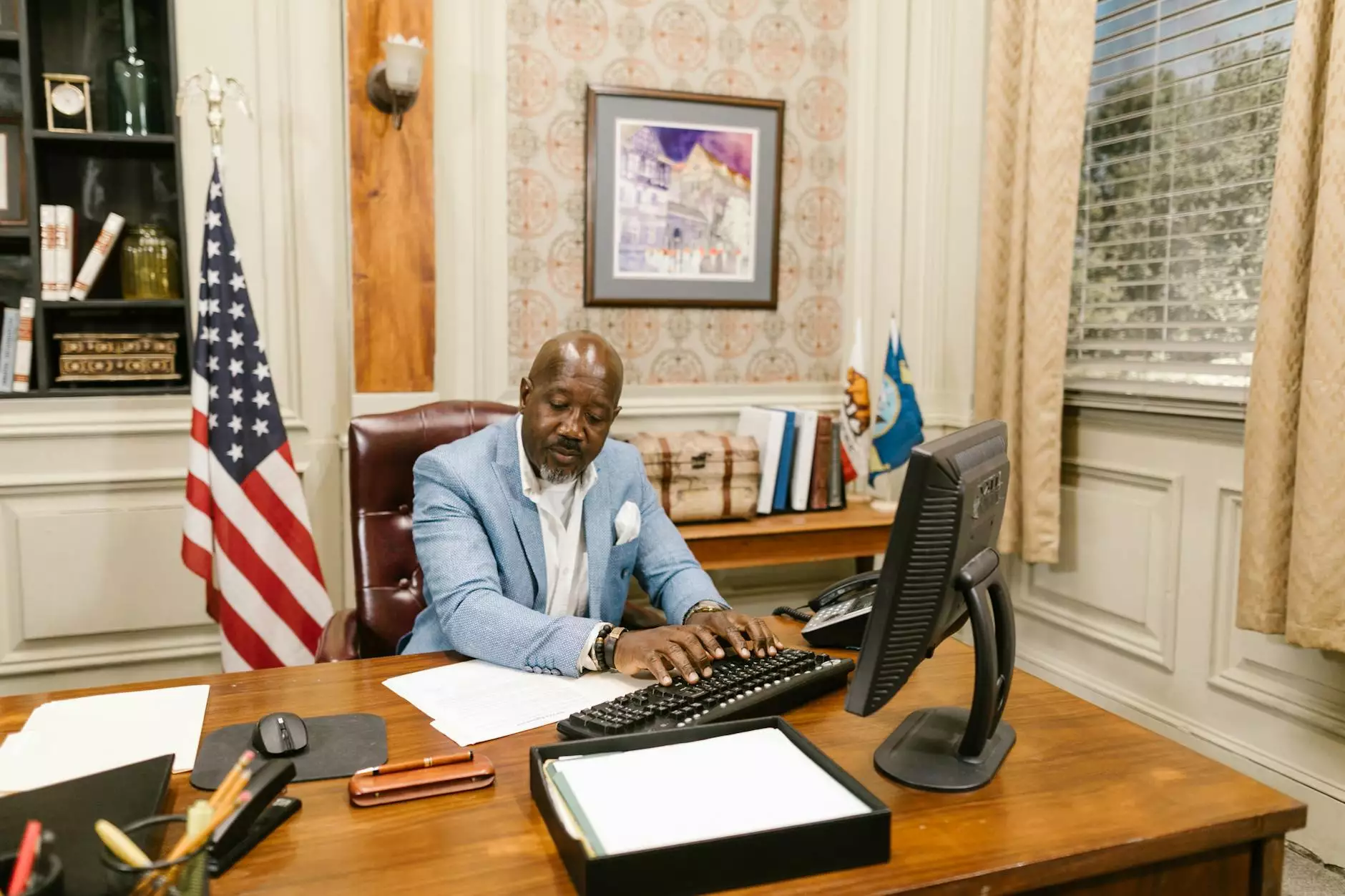How to Negotiate Pain and Suffering Without a Lawyer?

Introduction
Welcome to the Law Office of Stanley E. Robison, Jr, your trusted resource for navigating the complex world of personal injury claims. We understand that dealing with pain and suffering can be overwhelming, and you may wonder if you need a lawyer to seek compensation. In this comprehensive guide, we will provide you with valuable insights, strategies, and tips to negotiate pain and suffering without a lawyer effectively.
Understanding Pain and Suffering
Pain and suffering refer to the physical and emotional distress experienced by an individual due to an accident or injury caused by someone else's negligence. While monetary compensation cannot erase the pain, it can help alleviate financial burdens and provide some form of justice.
Assessing Your Case
Before diving into negotiation tactics, it's crucial to evaluate the strength of your case. Factors such as the severity of your injuries, medical expenses, impact on your daily life, and available evidence all play a role in determining the potential compensation.
Gathering Evidence
To build a strong negotiation position, gather supporting evidence such as medical records, photographs of injuries or property damage, accident reports, witness statements, and any relevant financial documents. Documentation strengthens your argument and demonstrates the impact of the accident on your life.
Evaluating Damages
Pain and suffering damages can be divided into two categories: physical and emotional. Physical damages include medical expenses, rehabilitation costs, lost wages, and future medical needs. Emotional damages encompass the psychological impact, including anxiety, depression, and diminished quality of life. Accurately assessing these damages will help you negotiate a fair settlement.
Preparing for Negotiation
With a thorough understanding of your case, it's essential to prepare for the negotiation process:
Researching Comparable Cases
Explore similar personal injury cases to gain insights into settlement amounts offered. Identify the factors that influenced those outcomes and use them as references during negotiations. This information will provide you with leverage and a basis for your negotiation strategy.
Calculating an Ideal Settlement Range
Consider your damages, the strength of your case, and the potential impact of negotiating without a lawyer. Based on these factors, determine the lowest settlement amount you are willing to accept and the highest amount you believe you deserve. This range will help guide your negotiation strategy and keep your expectations realistic.
Negotiating Techniques
When entering negotiations, employ effective strategies to enhance your chances of securing a favorable outcome:
Start with a Strong Demand Letter
A demand letter is a formal document outlining your injuries, damages, and the compensation you seek. It serves as an opening statement and sets the tone for the negotiation process. Craft a persuasive demand letter, outlining the facts, medical evidence, and the financial impact of the accident. Clearly articulate your pain and suffering to elicit empathy from the opposing party.
Emphasize Strengths and Mitigate Weaknesses
During negotiation discussions, showcase the strengths of your case, such as compelling evidence, witness testimonials, or expert opinions. Emphasize the impact of the accident on your physical and emotional well-being. Simultaneously, work to address any potential weaknesses the opposing side may try to exploit. Stay focused and maintain a firm position.
Be Patient and Persistent
Negotiations may not yield immediate results, and it's essential to remain patient and persistent. Avoid settling for less than you deserve due to time constraints or pressure tactics from the opposing party. Stick to your prepared settlement range and be willing to engage in multiple rounds of negotiation.
Consider Professional Assistance
While negotiating pain and suffering without a lawyer is possible, it can be a complex and challenging process. If you feel overwhelmed or encounter difficulties during negotiations, it is advisable to seek professional assistance. A skilled personal injury lawyer, like those at the Law Office of Stanley E. Robison, Jr, can provide valuable guidance and negotiate on your behalf to maximize your compensation.
Conclusion
Negotiating pain and suffering without a lawyer requires careful planning, preparation, and knowledge of your legal rights. By following the strategies and tips outlined in this guide, you can navigate the negotiation process successfully. Remember, seeking professional assistance is always an option if you need expert guidance. At the Law Office of Stanley E. Robison, Jr, we are here to support you and help you secure the compensation you deserve. Contact us today to schedule a consultation and discuss your case!










